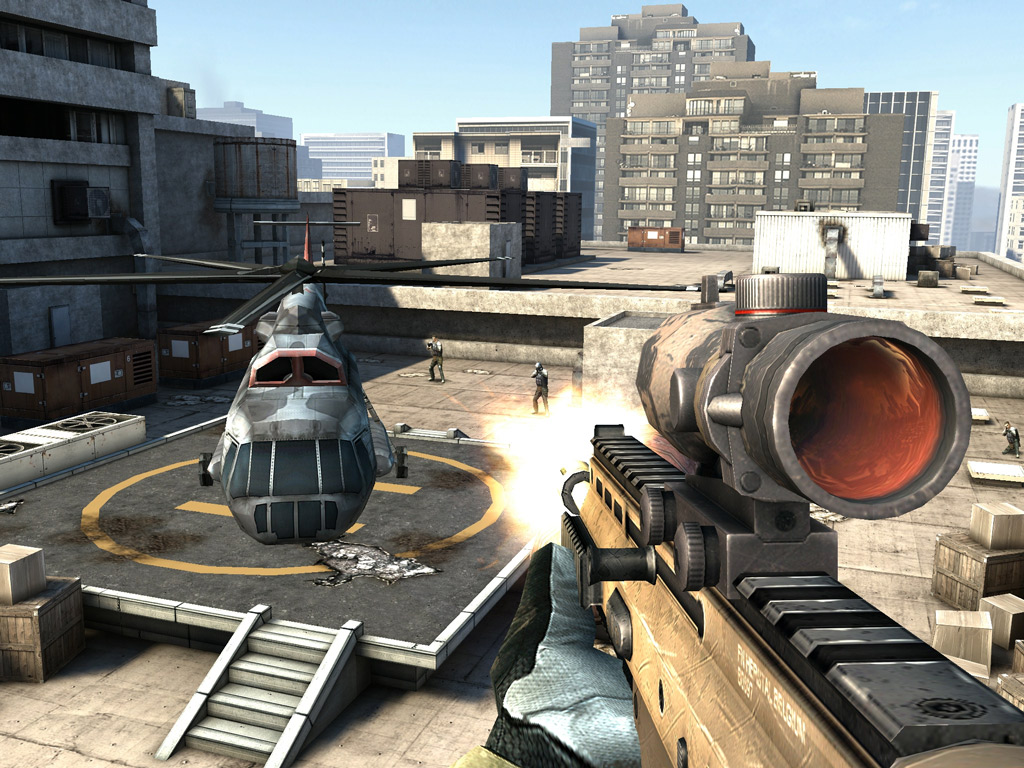
Consequently, tactical methods were usually very different from those previously envisioned for a limited war, especially one similar to the Korean Conflict. Following the arrival of the 173d Airborne Brigade in May 1965, American tactical operations concentrated on defeating or destroying the enemy within, an area rather than capturing terrain features or conventional objectives.

Military operations were thus an inherent part of the pacification effort even though their contribution to the pacification effort was often not immediately apparent at the local or village level.127įrom the moment the US Marines first entered South Vietnam in March 1965, the war was characterized by its nonlinear and multidirectional nature. Such operations theoretically enabled the government of South Vietnam to extend its control over the people within an area.

Tactical operations within the mobile defense were predominately offensive, for the essential idea was to find and destroy the enemy. The strategy sought to defeat the North Vietnamese Army (NVA) and Vietcong (VC) forces and to permit the people of South Vietnam to manage their own affairs. This responsibility continued to increase until the last US ground troops withdrew in August 1972.īecause of strategic and political considerations, the ground strategy remained that of a gigantic mobile defense.

In late 1968, South Vietnamese units began assuming an increasing responsibility for military operations. During the intervening period, South Vietnamese troops emphasized pacification duties while US units carried the brunt of the major fighting. The focus on combat action was especially true from the middle of 1966 when US forces launched their first prolonged offensive, through late 1968 when 'Vietnamization' of the war began in earnest.

Doughty, Combat Studies Institute, August 1979)ĪLTHOUGH the United States contended that counterinsurgency operations should be combated through a combination of military operations and social reform, the demands of tactical operations in the Vietnam War remained the most important concern of the US Army. (from Leavenworth Papers by Major Robert A.


 0 kommentar(er)
0 kommentar(er)
